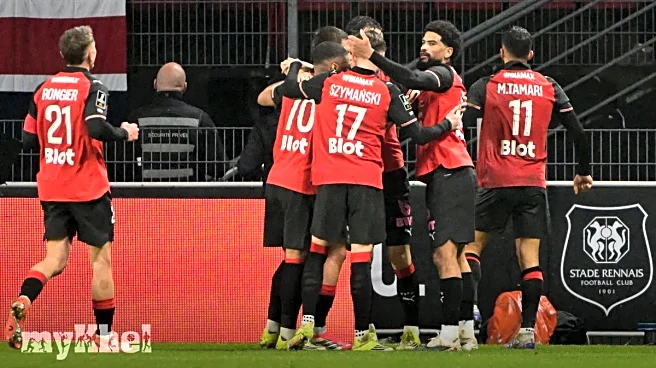For nonimmigrant visas (such as H-1B, student, or tourist visas), the same rules already took effect on September 6, 2025.
What does this mean for Indians?
For most Indians, the change doesn’t alter much: Indian citizens applying for US immigrant or nonimmigrant visas already attend interviews at US consulates within India (Mumbai, New Delhi, Chennai, Hyderabad, or Kolkata). The new rule matters more for Indian nationals living abroad.
For example, if an Indian citizen resides in the UAE, their interview will normally be scheduled in Abu Dhabi or Dubai, not in India—unless they specifically request to be processed in their country of nationality (India).
What are immigrant visas?
Immigrant visas are for people moving to the U.S. permanently—such as through family sponsorship, employment-based green cards, or the Diversity Visa (DV) lottery. This is different from nonimmigrant visas, which are temporary, like H-1B work visas, F-1 student visas, or B-1/B-2 visitor visas.
Key details of the rule
Residency-based scheduling: Your visa interview will be at the consulate responsible for where you live.
Country of nationality option: Applicants may request to interview in their home country instead.
Exceptions: Humanitarian or medical emergencies, or special US foreign policy reasons.
No automatic rescheduling: If you already have an appointment, it will likely stay as is.
Case transfers: If you want to change your interview location after being scheduled, you must contact the National Visa Center (not the consulate directly).
Why this matters globally
The State Department has designated special visa posts for residents of countries where US embassies are not fully operational—for example, Afghans in Islamabad, Iranians in Abu Dhabi/Ankara/Yerevan, or Venezuelans in Bogotá.
For Indians, this means that if you are living in one of these affected countries, you may need to travel to the designated post for your interview, unless you choose to return to India for processing.
/images/ppid_59c68470-image-17579325343597122.webp)




/images/ppid_a911dc6a-image-177101752951095973.webp)



/images/ppid_a911dc6a-image-177101403147018469.webp)
/images/ppid_a911dc6a-image-177101053501199609.webp)
/images/ppid_59c68470-image-177101003680064644.webp)


